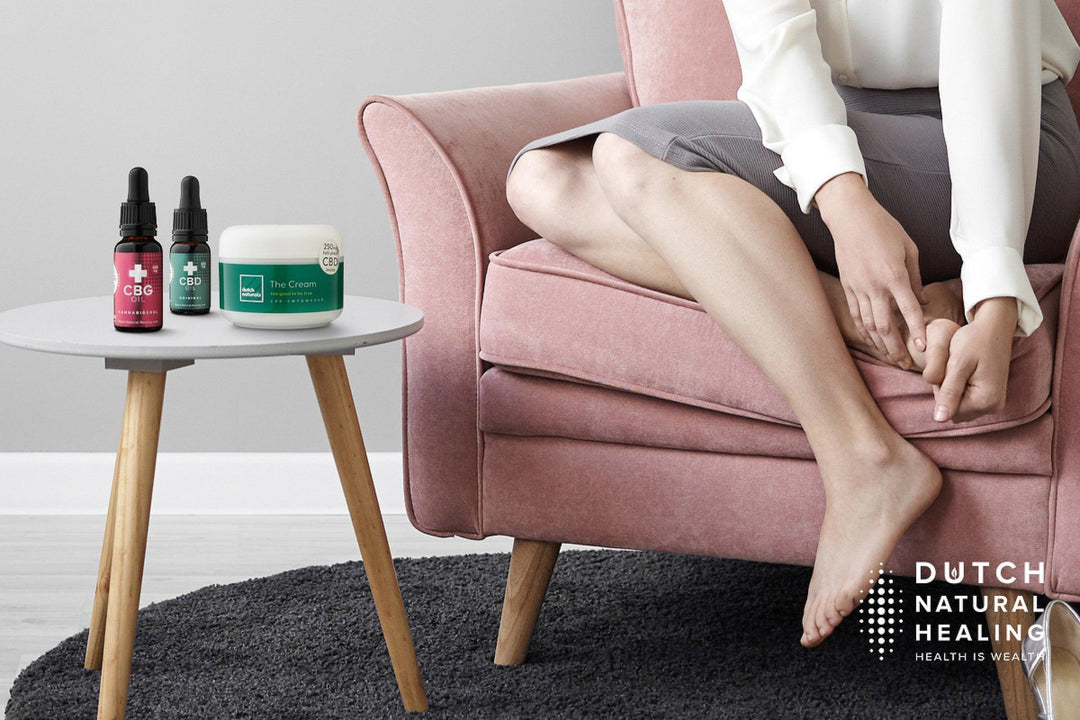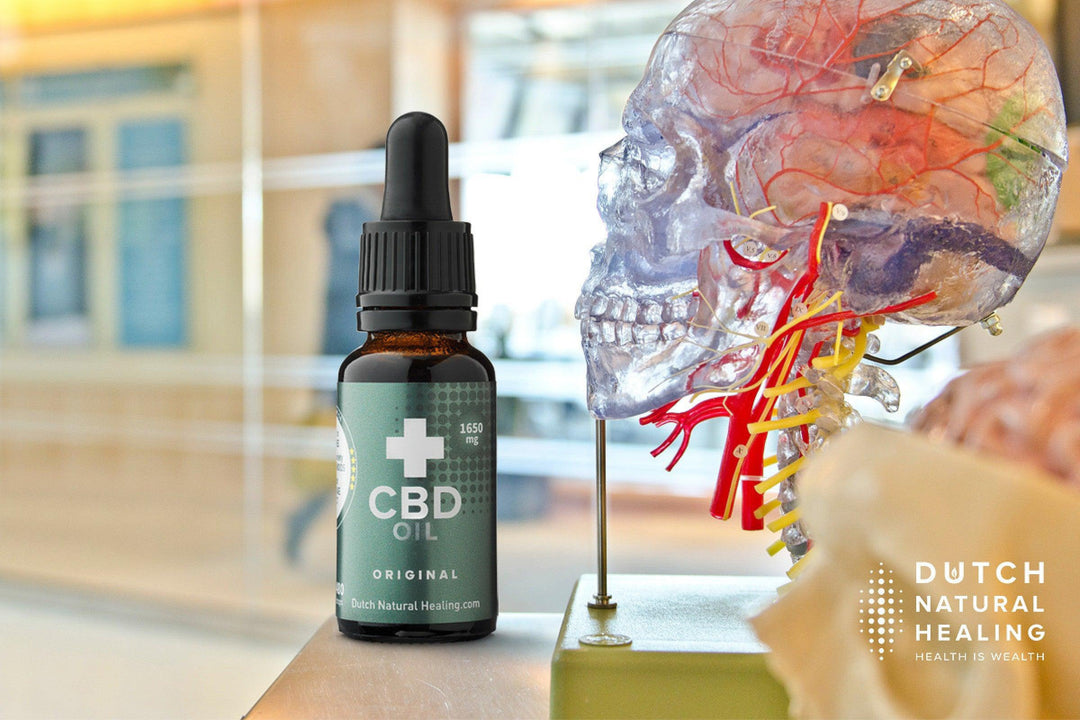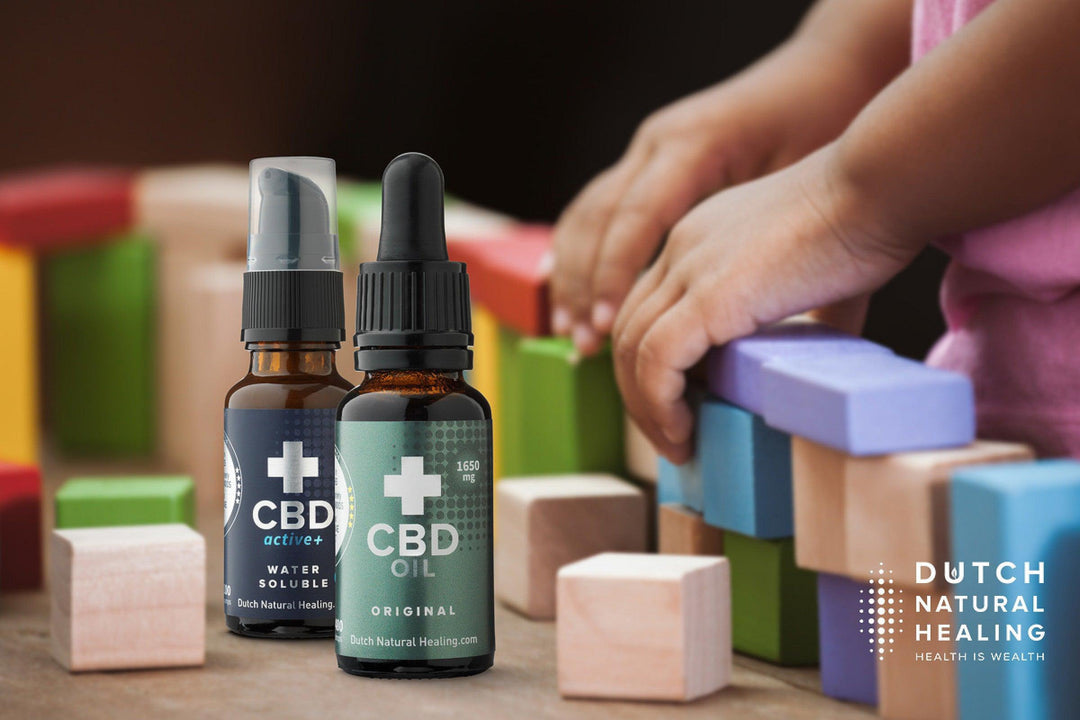CBD oil is often mentioned in relation to (chronic) pain, mental disorders and auto-immune diseases. However, there are ailments people usually don’t like to talk about that openly. Take fungal (skin) infections for example. While we could all easily get one, most patients suffering from fungal infections are ashamed to talk about it. Obviously this is not necessary and it could also hinder adequate treatment… Though luckily, studies show these infections could possibly be treated with accessible hemp products, like CBD and CBG oil:
Fungal infections
Generally speaking, a fungus (plural: fungi or funguses) is a living microorganism found in the air, water or ground. Some well-known funguses include yeast, mold and mushrooms, for example. Although there are also fungi that could live in or on the human body. Most of which are not dangerous to our health, we must add.
On the other hand, some fungi can impact our health in various ways. Clearly, most of these infections are not deadly; but highly uncomfortable at most and often difficult to treat. Fungal meningitis and other fungal infections capable of invading the bloodstream are less common; though these could be deadly without the right treatment.
More common fungal infections are a fungal nail infection and athlete’s foot, to name a few. Other infections you might’ve heard of are candida, ringworm and tinae cruris (jock itch); and vaginal yeast infection, of course.
Anti-fungal medication
Unfortunately, most fungal infections are difficult to treat - and there’s no medicine available that treats all types of fungi. This is because funguses can manifest themselves in the body in a variety of ways, making it difficult for medication to treat the infection. For example, most infections of the skin and nails only require local treatment. Other, more serious infections however, might require oral medication for a successful treatment.
One thing most of these medications have in common though, is that they target ergosterol in the fungi. This is a so-called ‘sterol found in cell membranes of fungi, serving many of the same functions that cholesterol serves in animal cells’, according to Wikipedia. As many fungi cannot survive without this sterol, it’s been proven a useful target for antifungal drugs.
The downside to many of these medications, is that they are known to offer a variety of side-effects. Especially the orally ingested medication can cause feelings of sickness, digestive problems (stomach ache, flatulence and diarrhea) and skin rashes for example. Considering Cannabidiol (CBD) does not cause these side-effects, it could possibly offer us a healthier alternative to these medications.
CBD oil to treat fungal infections
Because besides bringing the needed balance to your body’s endocannabinoid system (ECS) to soothe a variety of ailments; hemp’s cannabinoids like CBD can also be very useful to treat fungal infections. However, in contrast to often used over the counter and prescribed medication, they do so without providing any side-effects.
As described in a 2011 study, published in the British Journal of Pharmacology; vegetal cannabinoids like Cannabidiol, Cannabigerol (CBG) and Cannabichromene (CBC) have strong anti fungal properties. Making them interesting compounds to research in the search for effective anti fungal treatments. Though these aren’t the only substances from hemp worth exploring when it comes to treating fungal infections.
Also interesting: ‘What is CBG oil? Discover the difference between CBD and CBG’
Another research shows, that essential oils carrying the aromatic terpenes alpha-pinene and delta-3-careen also offer strong anti fungal properties. While a different study showed the antifungal effects of β-caryophyllene, one of the most common terpenes in hemp; which is also found in our signature 8% CBD oil. The scientists behind this research noted that it took the terpene only two to four hours to offer noticeable effects. Which suggests that this terpene is extremely effective in killing fungus in a fast matter.
Which CBD / CBG products to use?
Although research into the subject is relatively scarce, there is still some proof of the efficacy of a few cannabinoids in treating fungal infections. And considering the lack of side-effects and the accessibility of the products; it sure doesn’t hurt to try treating fungal infections with hemp supplements like CBD oil, CBG oil and CBD cosmetics.
Depending on the type of infection, we suggest using full-spectrum hemp oil orally; and trying our CBD cosmetics externally for fungal skin infections. And while most people would automatically choose CBD oil as a possible treatment, we think our CBG oil (carrying a 50/50 ratio of CBD and CBG) could offer even better results than a CBD-only product.
Would you give it a try?



